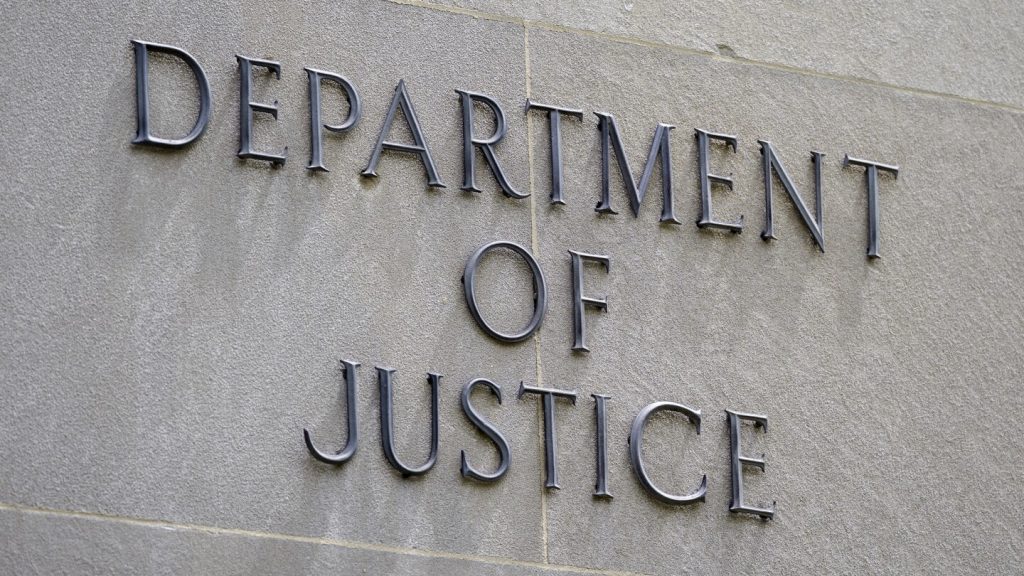Two former FBI officials, Peter Strzok and Lisa Page, settled lawsuits with the Justice Department over the violation of their privacy rights in leaked text messages that disparaged former President Donald Trump. Strzok, a key figure in the Russian election interference investigation, settled for $1.2 million, while Page, who exchanged messages with Strzok, settled for $800,000. The text messages described Trump as an “idiot” and a “loathsome human,” as well as called a Trump victory “terrifying.”
The lawsuits stemmed from a 2017 incident where officials shared copies of the text messages between Strzok and Page with reporters. This led to Strzok being fired and Page resigning. They argued that the leaks were meant to push a false narrative of anti-Trump bias within the FBI and to gain favor with Trump after his attacks on then-Attorney General Jeff Sessions. However, Justice Department inspector general reports found no evidence of partisan bias influencing investigative decisions related to the Clinton email and Trump-Russia investigations.
Strzok also has a pending lawsuit against the department over his termination, claiming his First Amendment rights were violated and that he was fired due to pressure from Trump. His lawyer, Aitan Goelman, hailed the settlement as a step toward addressing the government’s treatment of Strzok and protecting the privacy interests of all government employees. The Justice Department declined to comment on the settlements. Page expressed hope that justice institutions would not politicize the lives of their employees again, stating that the release of the text messages to the press in 2017 was for partisan political purposes and against the law.
The settlement represents a significant development in the ongoing legal battle between the former FBI officials and the Justice Department. It highlights the complexities of navigating the intersection of government work, free speech rights, and political pressures. The outcome of the lawsuits may have broader implications for how government agencies handle internal communications and interactions with the media, particularly in politically charged environments. Moving forward, the focus will be on ensuring that public servants are protected from adverse employment actions driven by partisan politics. In the larger context of the ongoing debate over the independence and integrity of law enforcement agencies, the settlements serve as a reminder of the importance of upholding privacy rights and fair treatment for government employees.


